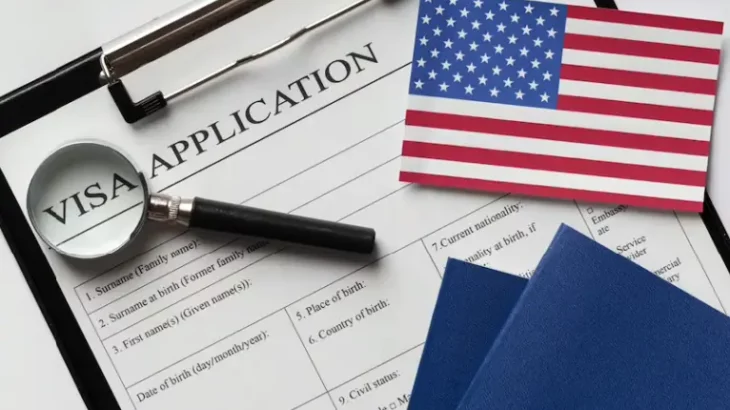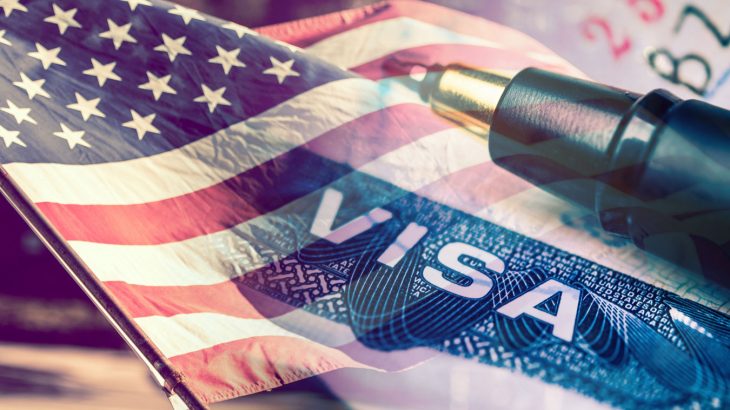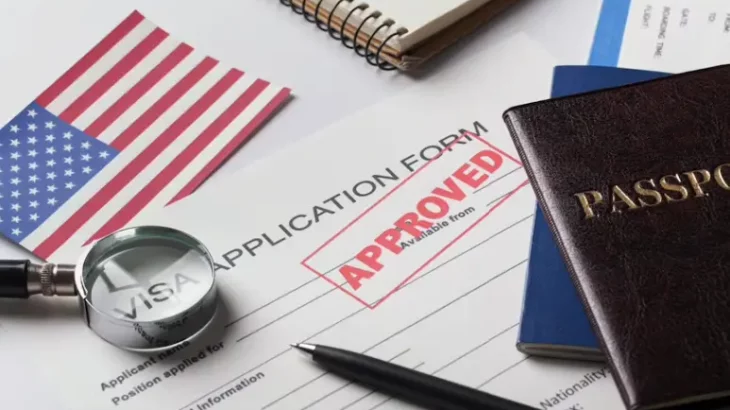A naturalized United States citizen is someone who has voluntarily obtained U.S. citizenship based on certain grounds other than by birth in the U.S. The process by which they obtain U.S. citizenship is called naturalization. The U.S. citizenship of such individuals can be stripped away or revoked through what is known as the “denaturalization” process. U.S. citizenship of a person who is born on US soil cannot generally be revoked, but such a person can lose citizenship by engaging in certain explicit voluntary acts.
The U.S. government can rescind a naturalized person’s citizenship for a variety of reasons which are:
“Illegally” procuring citizenship
Procuring naturalization illegally simply means that the person was not eligible for naturalization, therefore any eligibility criterion that was not fulfilled can form the basis for revocation. This includes the requirements for residence, physical presence, lawful admission for permanent residence, good moral character, and attachment to the U.S. Constitution. This applies even if the person unintentionally made a mistake.
Non-Disclosure of Material Fact or Willful Misrepresentation
If a naturalized person misrepresented or hid a material fact deliberately which fact impacted his naturalization application, the citizenship in such cases may be revoked. This ground of revocation includes omissions as well as affirmative misrepresentations. Examples of such instances include failure to disclose an arrest or criminal conviction or lying about one’s marital status.
The misrepresentations can be oral testimony provided during the naturalization interview or can include details provided on the N-400. The materiality test is whether the misrepresentations or concealment had the ability to affect the grant of citizenship decision.
In 2017, the U.S. Supreme Court in the case, Maslenjak v. United States, 37 S. Ct. 1918 (2017), limited the grounds for revoking citizenship by holding that unless the underlying omission or false statement was significant to the acquisition of citizenship, citizenship cannot be revoked for a false statement that has no bearing on the decision.
Membership or Affiliation with Certain Organizations
A person is subject to revocation of naturalization if he or she becomes a member of, or affiliated with, the Communist party, other totalitarian party, or terrorist organization within five years of naturalization. There is an assumption that the person dd not have allegiance to the U.S. Constitution and was never well-disposed to the wellbeing of the United States.
Separation from the Military
Some people can obtain U.S. citizenship by serving honorably in the U.S. armed forces. The government can revoke citizenship obtained on this basis if the naturalized person separates from the armed forces under other than honorable discharge before serving five years of military service.
The Denaturalization Process
Unlike most other immigration matters that USCIS handles in an administrative setting, revocation of naturalization can only occur in federal court. A person’s naturalization can be revoked either by civil proceeding or pursuant to a criminal conviction. For civil revocation, the U.S. Attorney’s Office must file the revocation of naturalization actions in a Federal District Court. For criminal revocation of naturalization, the office files criminal charges in Federal District Court. The government holds a high burden of proof when attempting to revoke a person’s naturalization. For civil revocation, the burden of proof is clear, convincing, and unequivocal evidence and for criminal revocation, it’s proof beyond a reasonable doubt, as required in every other criminal case.
Source: USCIS Policy Manual I Grounds for Revocation of Naturalization
This article has been written by Zeenat Phophalia, Esq. Of Counsel, Davies & Associates, India Office.
Zeenat Phophalia is qualified to practice law in New York, United Kingdom and India. She practices in the area of U.S. immigration law with a focus on business immigration, and has represented corporate clients including large and medium sized companies and startups across sectors such as IT, consulting, consumer goods, manufacturing and telecommunications.
Looking for an US immigration lawyer? Request free consultation at Davies & Associates or find our closest location around the world.



































